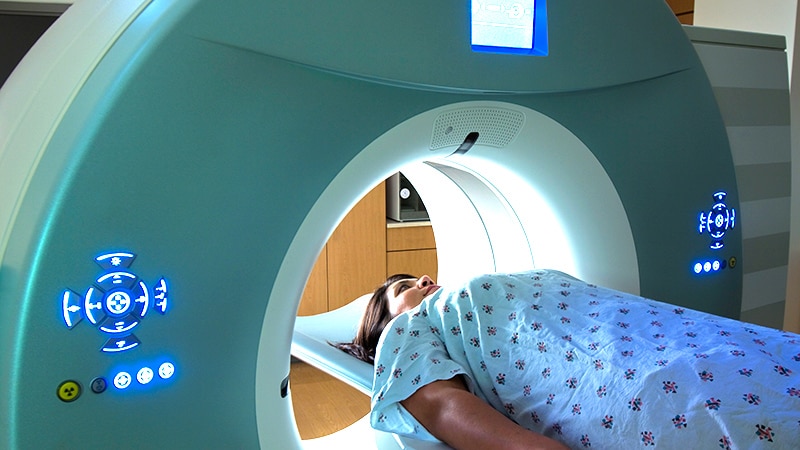Women diagnosed with ductal carcinoma in situ (DCIS) during breast screening experience higher risks of developing breast cancer (BC) and of death from BC, compared with the general population, finds a study published by the BMJ.
Researchers from the Nuffield Department of Population Health at the University of Oxford and Public Health England carried out a population-based observational cohort study using data from 35,024 women in England diagnosed with DCIS by the NHS Breast Screening Programme from 1988 until March 2014.
Among these women, 2076 developed invasive BC, corresponding to an incidence rate of 8.82 per 1000 women per year – more than double that expected from national cancer incidence rates. The increase started in the second year after diagnosis of DCIS and continued until the end of follow-up.
A total of 310 died from BC, corresponding to a death rate of 1.26 per 1000 women per year – 70% higher than the expected rate from national BC mortality rates. In the first 5 years after diagnosis of DCIS, the death rate was similar to that expected from national mortality rates but it increased in years five to nine.
Among 29,044 women with unilateral DCIS undergoing surgery, those who received more intensive treatment and those with larger final surgical margins, had lower rates of invasive BC.
In the UK, most women diagnosed with DCIS are recalled for yearly surveillance mammograms for 5 years, after which further follow-up is three yearly via the national screening programme up to age 70 years. This study provides evidence of the long-term nature of the risk of invasive disease after a diagnosis of DCIS, even for women with low or intermediate grade disease. This may have implications for follow-up and the frequency of surveillance imaging.



